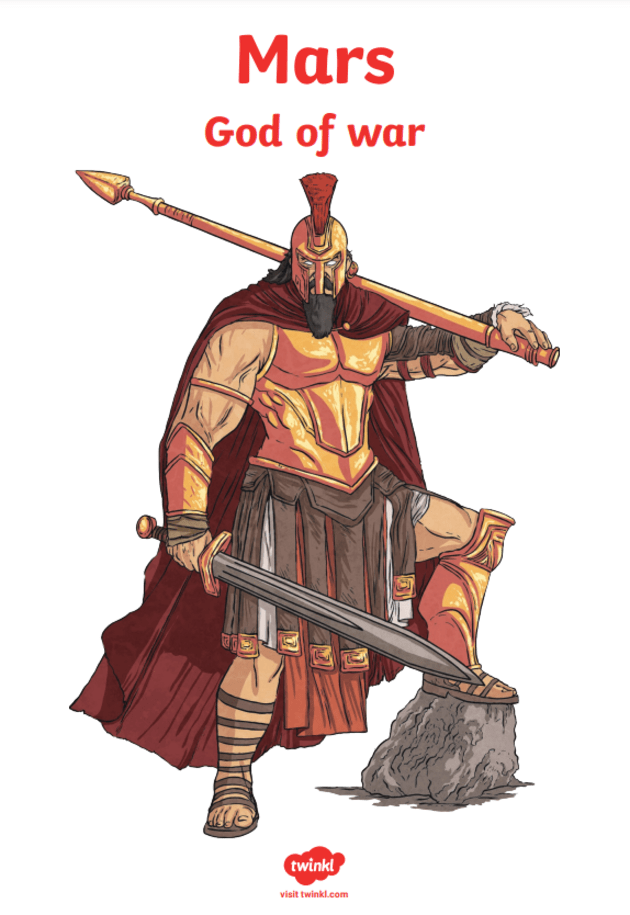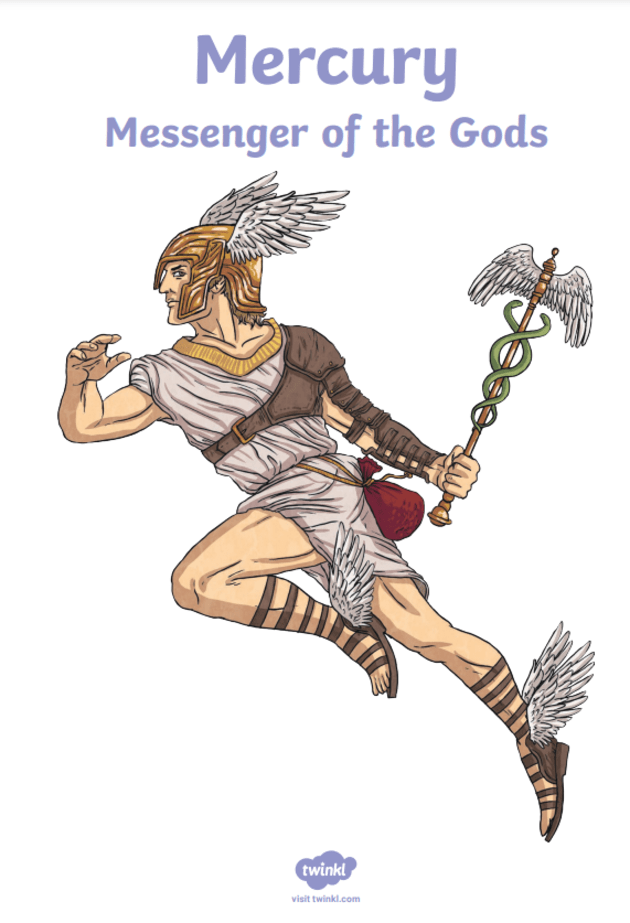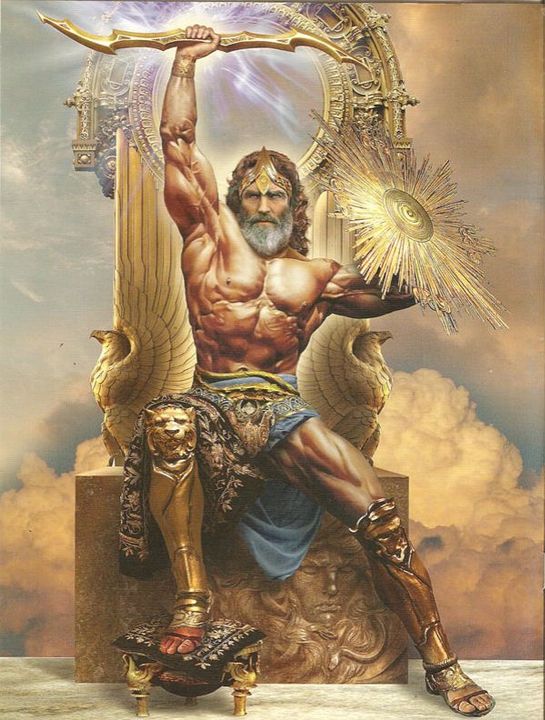The Fascinating Origins of French Days of the Week
Introduction
Have you ever wondered why the days of the week in French are named the way they are? Like many European languages, French inherited much of its naming system from Latin and the influence of Roman mythology, later shaped by Christianity. Each day is linked to a celestial body or deity, reflecting both the Roman gods and their association with planets. Let’s take a closer look:
Dimanche (Sunday)
The French word dimanche comes from the Latin dies dominicus, meaning “the Lord’s Day.” Unlike the other days of the week, which are tied to Roman gods and planets, Sunday took on a Christian meaning during the spread of Christianity in the Roman Empire. This distinguished it as a day of worship and rest.
Lundi (Monday)
Lundi comes from dies lunae, the day of the Moon. The moon has always been a symbol of timekeeping and cycles, which explains its importance in naming the second day of the week. Just like English “Monday” and Spanish “lunes,” the moon leaves its mark here.
Mardi (Tuesday)
Mardi originates from dies Martis, meaning the day of Mars. Mars was the Roman god of war, associated with energy, strength, and courage. The connection survives in other languages too: English “Tuesday” reflects the Norse god Tyr (also a war god), showing a similar influence.
 |
| Credit: twinkl.fr |
Mercredi (Wednesday)
Mercredi comes from dies Mercurii, the day of Mercury. Mercury was the Roman god of commerce, travel, and communication, known for his speed and wit. In English, “Wednesday” is linked instead to Woden (Odin), but both point back to ancient gods of wisdom and movement.
 |
| Credit: twinkl.fr |
Jeudi (Thursday)
Jeudi comes from dies Iovis, the day of Jupiter. Jupiter was the king of the Roman gods and associated with thunder, justice, and authority. English “Thursday” comes from Thor, the Norse god of thunder, showing a parallel mythological connection.
 |
| Credit: mythlok.com |
Vendredi (Friday)
Vendredi stems from dies Veneris, the day of Venus. Venus, goddess of love and beauty, gives Friday its romantic and pleasant associations. This connection remains strong across languages: compare Spanish viernes and Italian venerdì.
 |
| Credit: britannica.com |
Samedi (Saturday)
Samedi is the most curious one. It comes from dies sabbati, meaning the day of the Sabbath in Latin. Unlike English “Saturday,” which keeps the link to Saturn, the French name reflects Jewish and Christian tradition, making Saturday the day of rest before Sunday’s worship.
Comparison of French Days of the Week
| French | Latin Origin | English Equivalent | Deity / Planet |
|---|---|---|---|
| Dimanche | dies dominicus | Sunday | The Lord (Christian origin) |
| Lundi | dies lunae | Monday | Moon |
| Mardi | dies Martis | Tuesday | Mars (god of war) |
| Mercredi | dies Mercurii | Wednesday | Mercury (god of commerce) |
| Jeudi | dies Iovis | Thursday | Jupiter (king of gods) |
| Vendredi | dies Veneris | Friday | Venus (goddess of love) |
| Samedi | dies sabbati | Saturday | Sabbath / Saturn (influenced by religion) |
Final Thoughts
The French days of the week are more than just labels for the calendar—they are a fascinating reflection of Roman mythology, planetary associations, and Christian influence. Next time you say lundi or vendredi, you’re actually invoking ancient gods, planets, and centuries of cultural history.
You may like
Read more:
💙 Les Jours de la Semaine & Les Mois de l’Année: Days and Months in French



